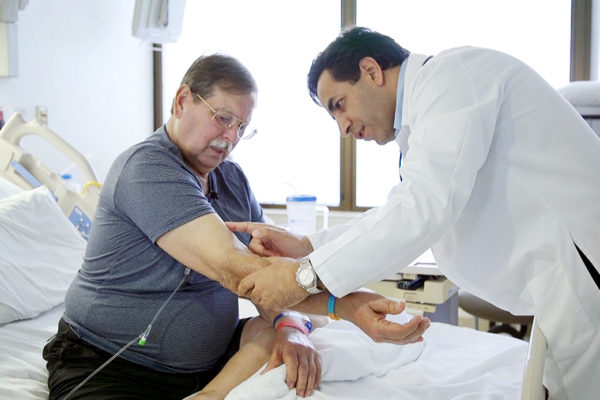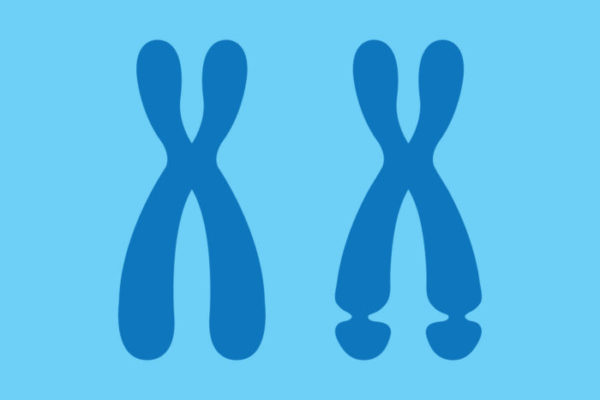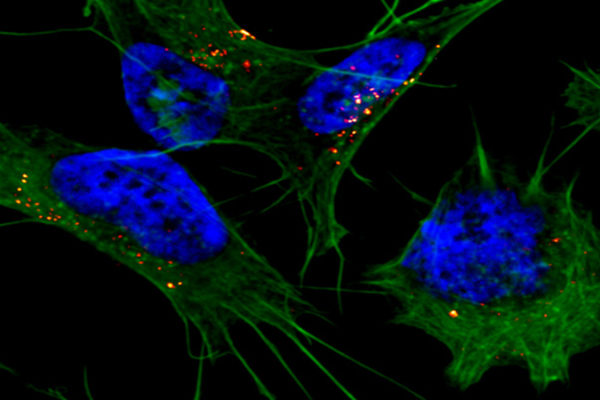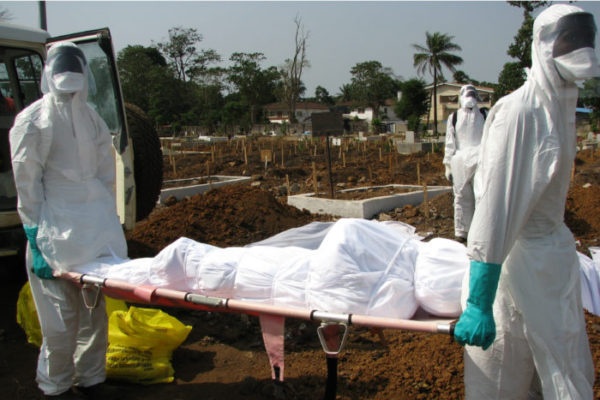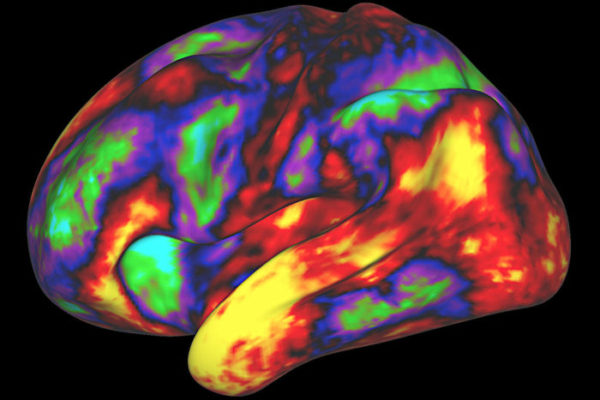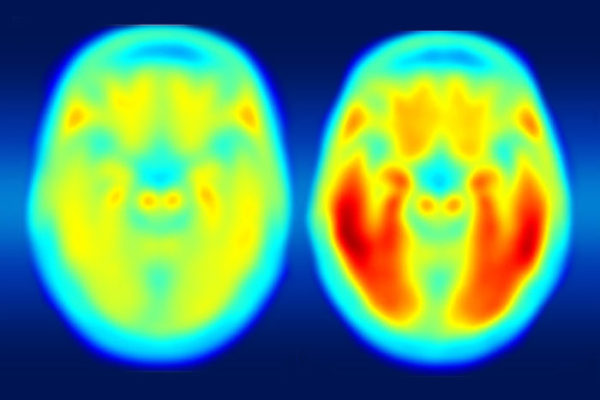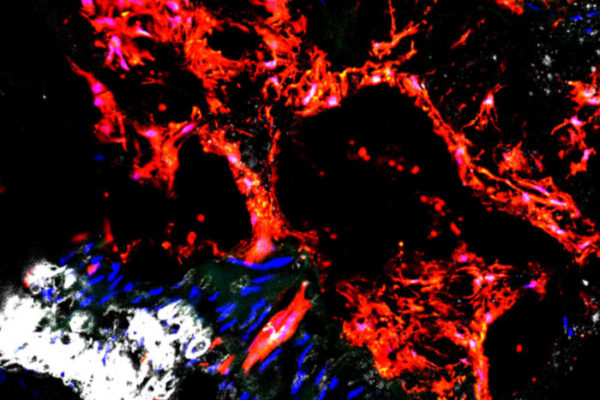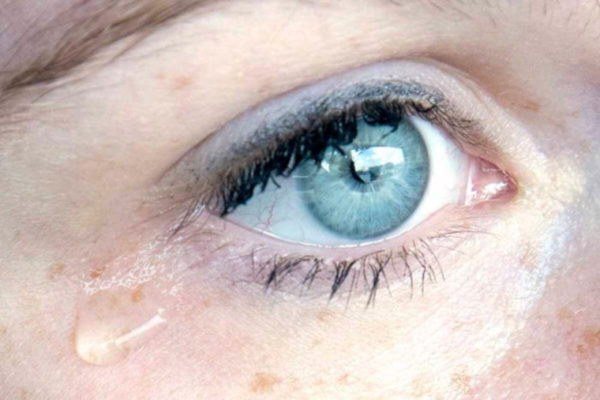New immunotherapy for leukemia shows promise in small clinical trial
A team at the School of Medicine is evaluating a new immunotherapy against acute myeloid leukemia. The treatment harnesses the immune system’s “natural killer” cells, putting them through a training period in the lab to help them attack leukemia cells in the blood.
New explanation offered for symptoms of fragile X syndrome
Researchers at Washington University School of Medicine in St. Louis have found another possible explanation for some of the symptoms of fragile X syndrome. The study, published Sept. 20 in Cell Reports, provides a new way of looking at the underlying causes of the syndrome and suggests new targets for treatment.
The shape-shifting protein behind Alzheimer’s disease
New research from Washington University in St. Louis shows that the protein behind Alzheimer’s disease shape-shifts, changing its internal structure in order to infiltrate brain cells and become toxic.
Ebola focus of $13 million grant
A $13 million grant to study how the Ebola virus replicates has been awarded to a team led by Gaya Amarasinghe, associate professor of pathology and immunology at Washington University School of Medicine in St. Louis.
Med school study examines firearms in the home
A survey of parents in Missouri and Illinois reveals that about half of the children in the families queried spent time in homes that have firearms. However, few reported talking about gun safety with their children’s pediatricians.
Brain development through adolescence to be focus of national study
In a landmark national study, scientists will use advanced brain imaging on more than 10,000 children, along with interviews and behavioral tests, to determine how experiences, together with a child’s changing biology, affect brain development.
Consortium to investigate tau buildup in Alzheimer’s disease
Washington University School of Medicine in St. Louis will collaborate with the pharmaceutical companies AbbVie, Biogen, and Eli Lilly & Co. to investigate the buildup and clearance of tau protein in the brains of patients with Alzheimer’s disease.
Scientists find culprit responsible for calcified blood vessels in kidney disease
Scientists have implicated a type of stem cell in the calcification of blood vessels that is common in patients with chronic kidney disease. The study, led by researchers at Washington University School of Medicine in St. Louis, appeared Sept. 8 in the journal Cell Stem Cell.
Faculty team awarded $1.25 million to study ‘swimming cells’
They are the tiny motors present in many of the human body’s most complex systems: cilia and flagella move liquids such as cerebrospinal fluid and mucus past the cell surface, and throughout the body. Both are of vital importance to human health, but how they actually move remains a mystery. A team from Washington University in St. Louis has been awarded a 5-year, $1.25 million grant to study the mechanics of these tiny organelles.
Evidence of Zika virus found in tears
Researchers have found that Zika virus can live in eyes and have identified genetic material from the virus in tears, according to a study from the School of Medicine. The research, in mice, helps explain why some Zika patients develop eye disease, including a condition that can lead to permanent vision loss.
Older Stories
